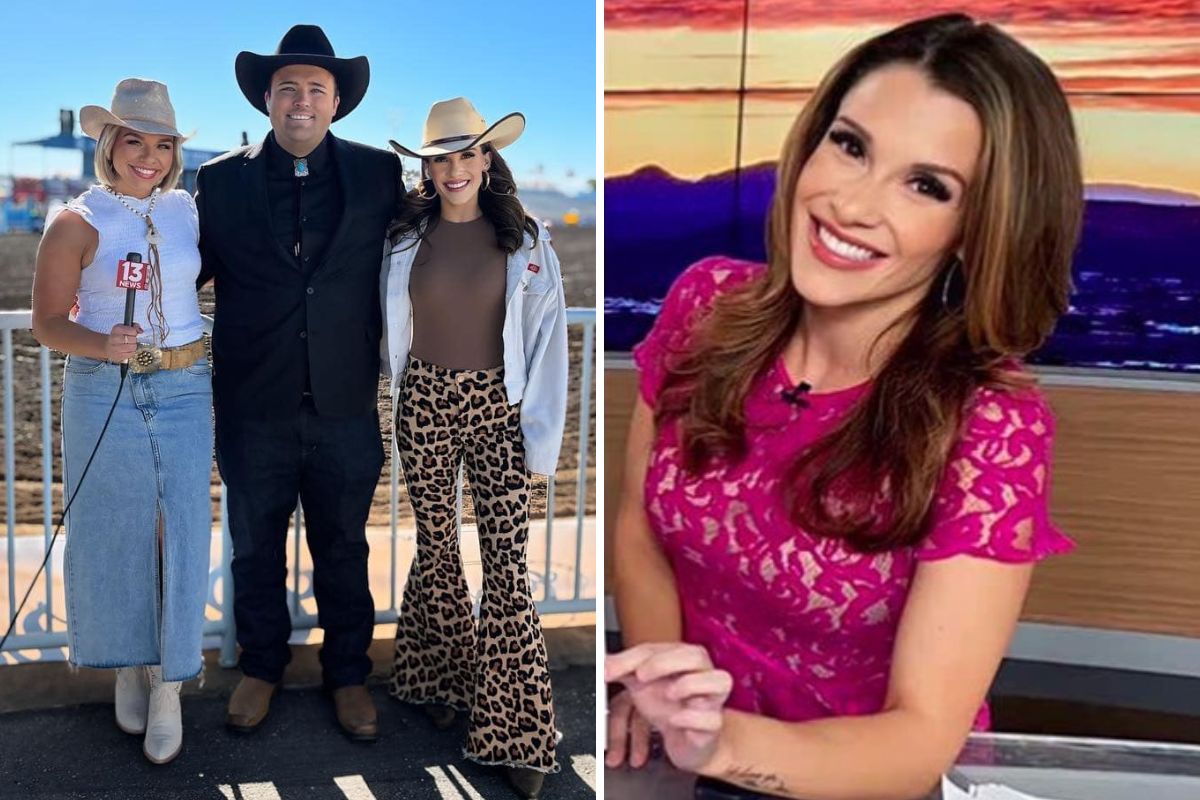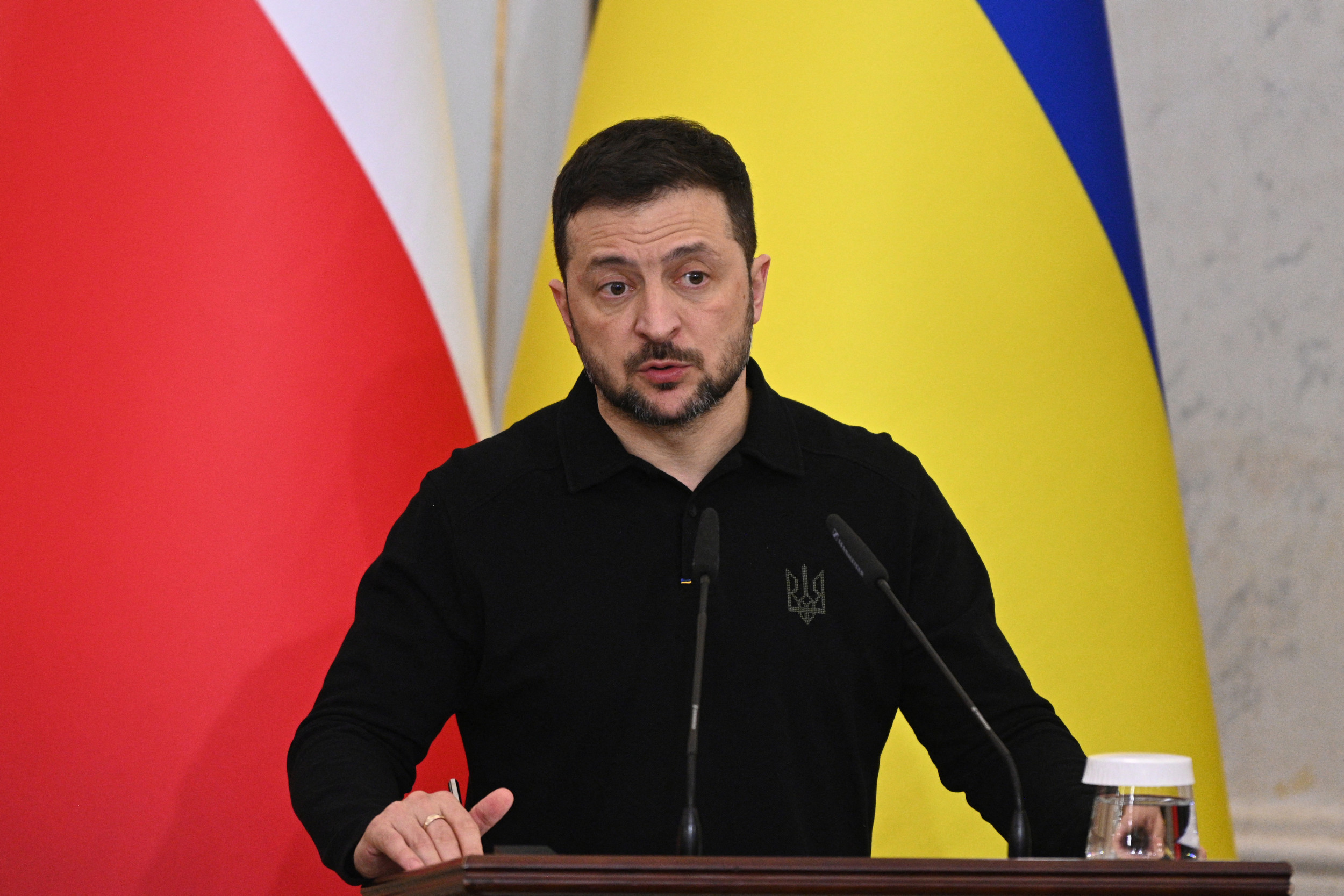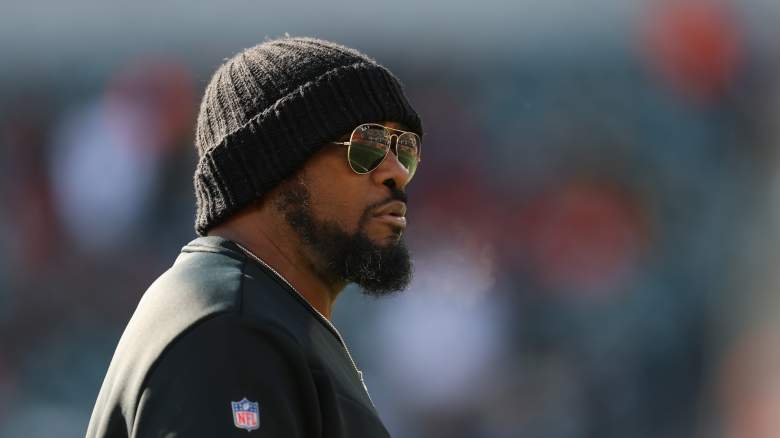It was 4:00 am and the hospital monitor attached to my dad's heart started to buzz.
From the futon one of the medical staff secured for me, I sleepily asked: "Everything okay, Dad?"
He nodded groggily before asking me about one of my ex-boyfriends, the one I dated in my early twenties. "Why did you two break up again?"
Sad that he didn't remember how he called me more than a dozen times to persuade me to break up with this particular ex, while also happy we were bonding, I lied: "We were too young and grew apart, Dad."
He moved further back in time to a boy I dated in college, another one he discouraged me from dating, and asked what happened there. "What was his name again?"
More than a week before this conversation, my dad had had a heart attack. Five days later, after he was released from the hospital, his lungs filled with fluid and he struggled to breathe.

"Good someone called 911, or this could have ended very badly," said the paramedic, before whisking him away in an ambulance, siren blaring, back to the hospital.
I'd been worrying about my dad dying ever since I was a little girl. My younger sister shares the same fear. That's because our mom's father dropped dead from a massive heart attack at age 51 when she was 10. Our dad's father died unexpectedly at age 59.
Growing up, my sister and I lived in a world where we knew that dads could be taken away in an instant. (We didn't worry about our Mom because the women on her side had a history of outliving their husbands until a ripe old age.)
Since childhood I'd employed my own warped version of magical thinking. I told myself that if I imagined all the different circumstances in which my father might go, I could somehow preempt his death.
When he used to be a CEO in Asia and traveled often, I would picture a plane crash in the middle of the Indian Ocean; whenever he would run to the store for an unimportant errand, I visualized the fatal car accident I hoped would never happen; or, lately, I'd had thoughts running through my mind of my dad, now 82, taking a horrible fall down the stairs.
I obviously failed to anticipate every situation, because the symptoms of his near death experience caught me completely by surprise.
How did I miss thinking of that one? I berated myself. Shortness of breath in the middle of the night with no chest pain. Sitting up in bed for two hours until my mom woke up. They got dressed and drove to the ER where they circled for parking.
A few hours later, after a battery of tests, a doctor told him he was having an ongoing heart attack and he needed an angioplasty immediately if he wanted to survive.
The surgeon inserted one stent and told him: "Three would be better, but two of your arteries are too clogged. You could die if I tried to put the other stents in."
By then, I had arrived in California on the first plane I could take out of New Mexico where I live.
As my mother, sister, and I crowded around my dad's bed, I leaned down and whispered: "I knew you weren't going anywhere until you saw me first."
That was a lie. I'd spent the entire flight crying while I wrote and rewrote his eulogy in my head. He gently squeezed my hand.
I insisted on being the one to keep him company at night.
This was the most time my dad and I had spent together in more than 20 years—not that I don't visit my parents regularly. But those trips never lasted for more than a few days. I'd always felt the need to hurry back to my own life.
I grew up a doted-upon daddy's girl. Fiercely protective from the moment I was out of my mom's womb, my dad accompanied the nurse as she ushered me from the delivery room to the hospital's newborn nursery.
He watched to make sure she wrote the correct name on the plastic bracelet around my wrist. "I didn't want there to be a mix-up with some other family taking you home."
My dad was an involved presence in my life, giving me professional advice since before I was old enough to get a job.
"Chase your dreams," he counseled as we held hands and danced around the living room to When You Wish Upon the Star spinning on the record player. I was only four.
When I would come home to visit from college, we would stay up late at night snacking in the kitchen while he imparted wisdom from his own career as the head of an advertising company.
"When you get a job, ignore the office politics and focus on doing your work," he advised. I took in all of his insights and opinions as if they were gospel.
My dad was quick to tell me he loved me. Even when we lived continents apart and long-distance calls cost a lot per minute, none of that stopped him from reaching out for marathon-long conversations to find out about what was happening in my life.
It wasn't until I started seeing a therapist in my late twenties—after the end of a romantic relationship with a controlling boyfriend—that I realized I had developed a pattern of looking to the men in my life to tell me what they thought I should do.
Unlike my father, not all of them had my best interests at heart.
When I made the decision to quit my lucrative media job to become an actor in Hollywood, and my dad tried to dissuade me from this particular dream, I understood that he didn't always know what was best for me, either.
I stopped asking my dad, "What do you think?" I started asking myself, "What do I think?"

My answers sometimes took me a while to figure out since I didn't have a lot of practice. When I would ignore my dad's counsel he would say: "You don't listen to me anymore." I felt him pull away. Our conversation shrank to the size of small talk.
At first, I thought he was punishing me for needing to be more independent. But as time passed, I opened to the possibility that maybe this was his way of giving me what I needed, which was space.
It didn't help that in the last few years, as my dad has aged, he stopped being the loudest, most dominant presence in the room.
He became quieter, less interested in arguing about why he was in the right, more focused on watching Law and Order SVU reruns or searching through YouTube for Tagalog clips about the Filipino movie idols of his youth.
There were times I was tempted to say, but resisted the urge: "Tell me what you think I should do. Mansplain to me, even." I missed him that much.
But when the nurse who brought dinner refused to give him any salt—he was vocal about his displeasure. "I can't eat tasteless food. I want a Diet Coke."
I reminded him that because of his diagnosis—heart failure—the amount of sodium he was allowed to consume would be severely limited from now on and soda was banned from his diet.
He snapped: "Why don't you wait until you reach 80 and then you can tell me what to do." I almost smiled. There you are, I thought. Maybe his surgery unblocked more than an artery.
As we wrapped up our reminiscing about my girlhood romances, I gave him an update about how my husband, who was in New Mexico with our cats, was doing. I joked: "We're having a father-daughter slumber party!"
My dad closed his eyes, ready for another nap.
In a couple of hours, another medical staff member would be coming in with a giant portable scale to check his weight.
"Love you, Dims," he said, using my nickname he gave me as a child.
"Love you too, Dad."
I lay there watching him, resisting the urge to wrap my arms around my dad and hold on tight.
If only I really did have the power to turn imagined worst-case scenarios into a powerful incantation that could keep his death at bay forever.
Instead, just like my dad did, all those years ago, now it's my turn to learn how to let go.
Diahann Reyes-Lane is a writer living in New Mexico. Her essays have been published in The Los Angeles Times, Dorothy Parker's Ashes, Role Reboot, The New York Times' Tiny Love Stories, and more. She is writing a memoir about female desirability and longing.
All views expressed are the author's own.
Do you have a unique experience or personal story to share? See our Reader Submissions Guide and then email the My Turn team at myturn@newsweek.com.




















 English (US) ·
English (US) ·